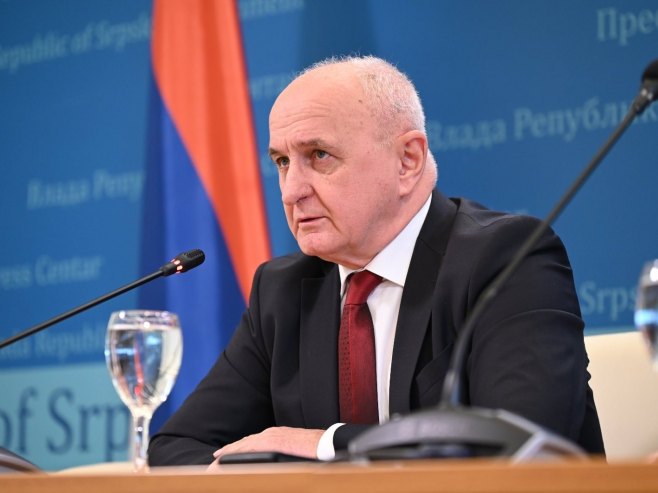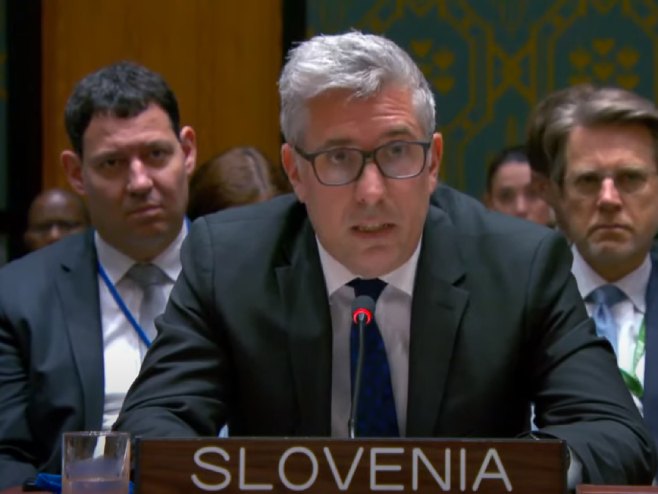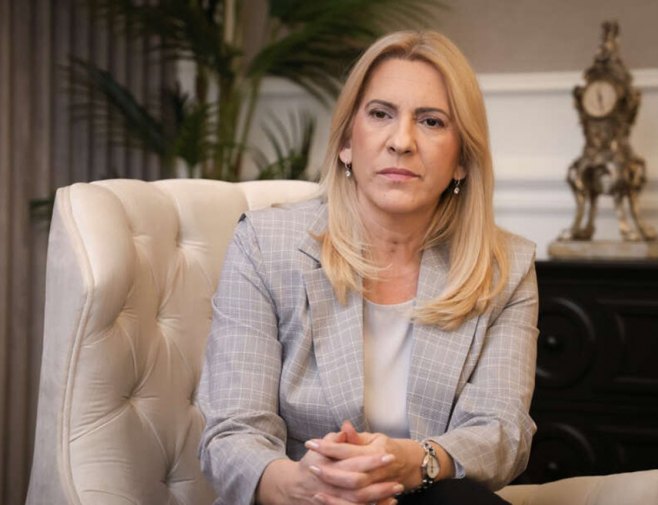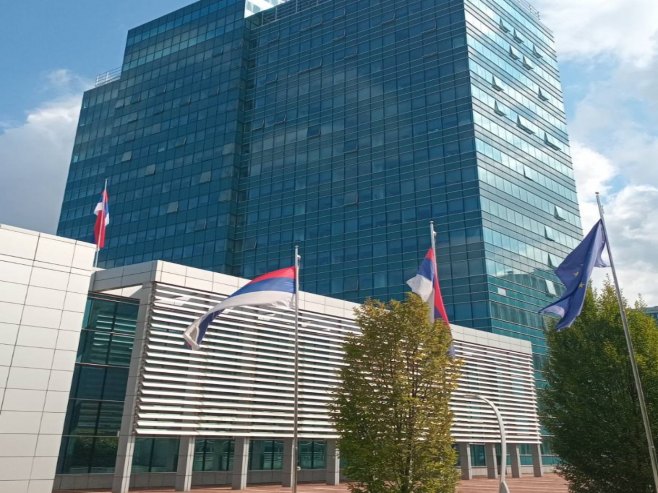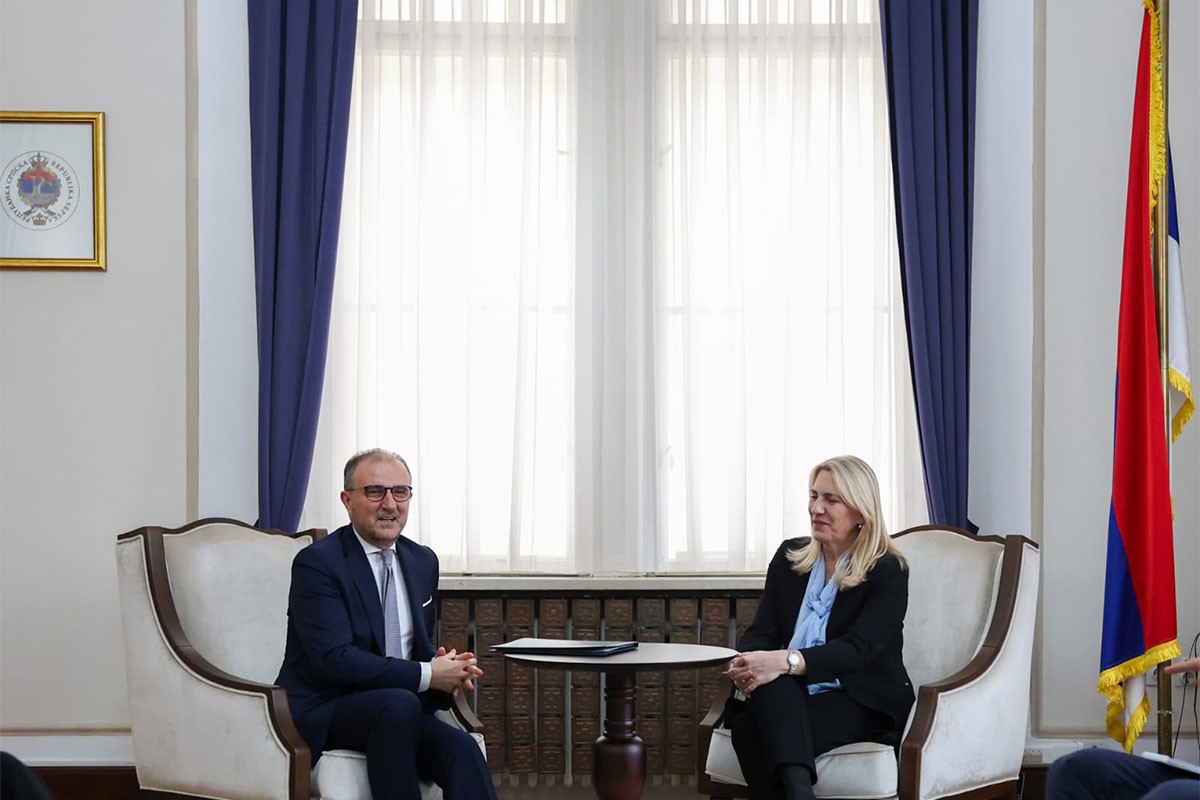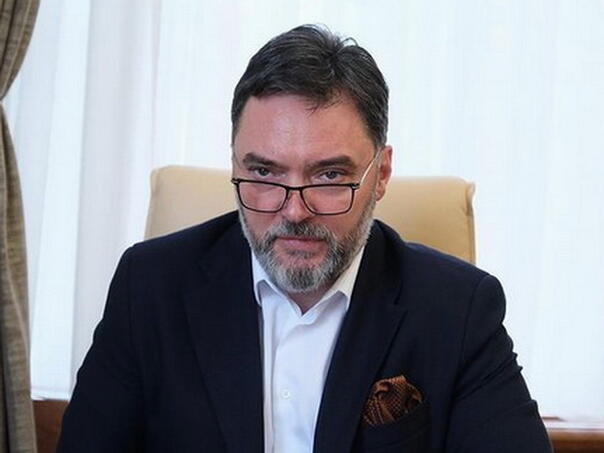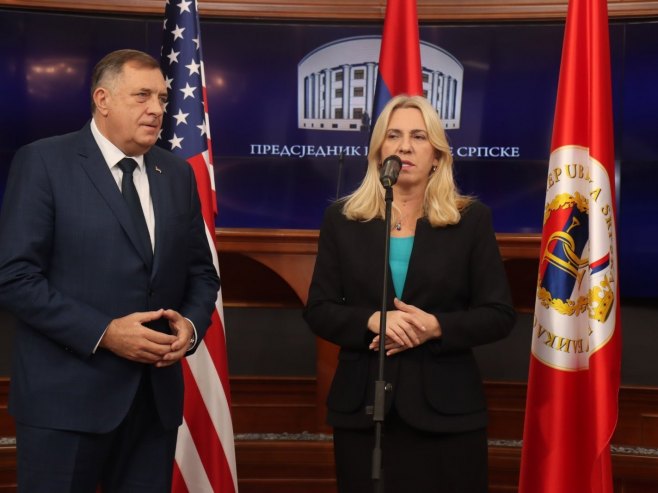During the past few months, Bosnia and Herzegovina (BiH) has made significantly more progress on its path to the EU than in the previous decade, but this positive momentum needs to continue as there is still much work to be done on the way to membership, said Slovenia’s representative to the UN, Marko Štucin, at the UN Security Council session.
“In the coming months, BiH faces two key challenges – how to raise standards for conducting local elections this fall and how to support its public institutions to ensure their uncompromised functionality,” Štucin assessed.
He stated that Slovenia particularly commends the recent reforms in BiH regarding migration, border management, anti-money laundering measures, and combating the financing of terrorism.
“The future of BiH is in the EU, not only because the Union desires it but primarily because the majority of BiH citizens from all ethnic groups want it,” said Štucin, the State Secretary in the Ministry of Foreign Affairs.
He noted that opening EU accession talks provides “a strong impetus for necessary reforms, which will allow all people, especially the youth, to have a prosperous future in their own country.”
“The project of EU membership also represents an opportunity to overcome divisions and forge long-term stability, peace, and development, not only in BiH but in the region,” he emphasized.
Štucin pointed out the threats to transitional justice posed by the politicization of issues, the resurgence of secessionist rhetoric, and hate speech, which, as he highlights, “undermine the hard-won progress towards reconciliation and sustainable peace in the region.”
He noted that the escalation of tensions is fueled by deeply ingrained mistrust and attempts to deny crimes committed during the war, such as the alleged genocide in Srebrenica.
Štucin stressed that Slovenia calls on neighboring countries and regional actors to refrain from any actions that could escalate tensions or undermine the sovereignty and territorial integrity of BiH.
Source: RTRS

